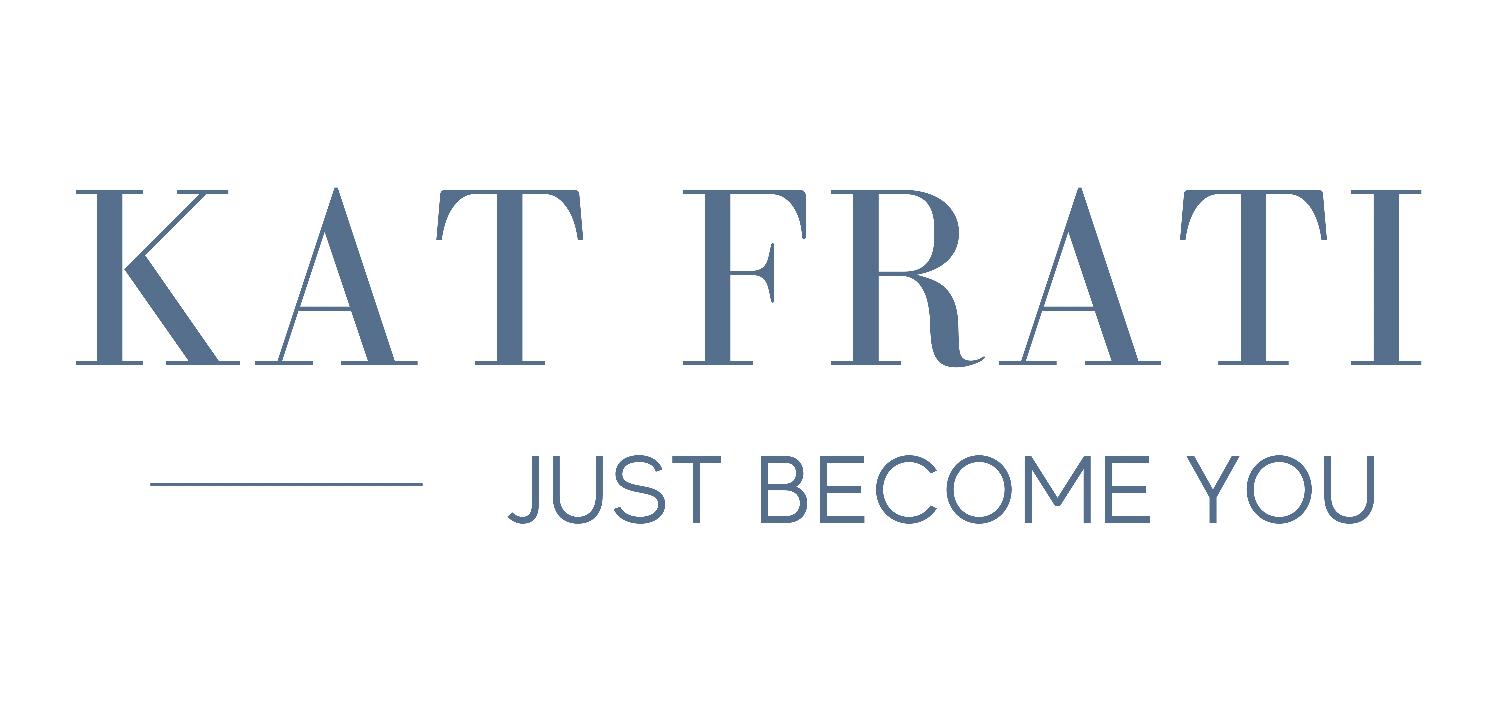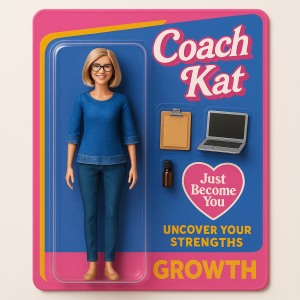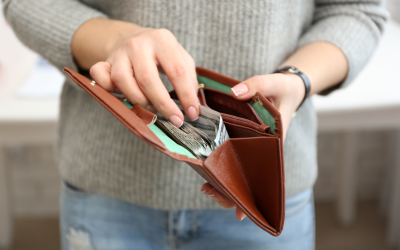“In the Great Depression, you bought something if you had the cash to buy it.” — S. Truett Cathy
I remember when my kids were young, we would drive up to the ATM and I would give them a lesson on the concept of banking.
“I give the bank our money to keep it safe, and use this card to have them give enough of it back so that I can buy groceries for the week”, I would tell them.
I repeated this message month after month, hoping that they would understand this basic concept of finance.
Banks are a good place to store your money, but they also have rules that cost a lot to you if you break them. Here are a few tips for you:
Check your account balances, often.
If you try to take out more money than you are storing, you will have to pay a penalty. This can happen if you write someone a check and they try to cash it but you forget to make sure there is enough money to cover it. It can also happen if you set up an automatic payment, and again the money stored in your account is not enough. The penalty: Around $35! YIKES!
Create a $1000 overdraft buffer.
Often, there is a monthly fee for using their cash storage services, though many banks have accounts that wave the fee if you keep a minimum balance. When you are younger and just starting out, this is a little tricky, but worth it if you can commit. I recommend keeping a $1000 overdraft “buffer” in your account, just in case.
Write down everything you spend and develop a budget.
Knowledge is power, and knowing how much you need to have to support yourself is ESSENTIAL. This will take some time, but completely worth it!
Pay CASH for most things.
The easiest way to manage your spending is to pay CASH for everything. (WHAT?) I used to withdraw my monthly budgeted “household money” for food and fun, and keep it in an envelope. That’s ALL I would spend for the month. (More often than not, I would scrounge for change in pockets and on the car floor to make it through the last days.)
Q: Do you have any other suggestions for the community?









0 Comments